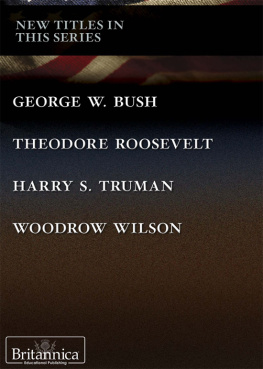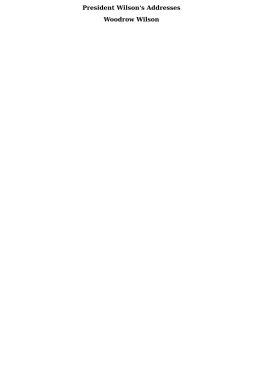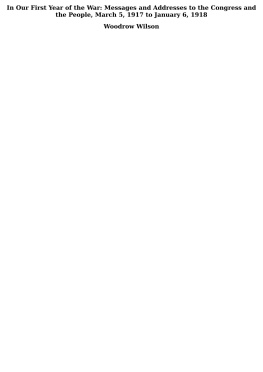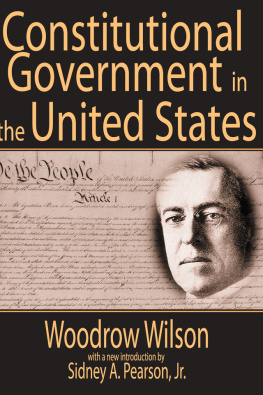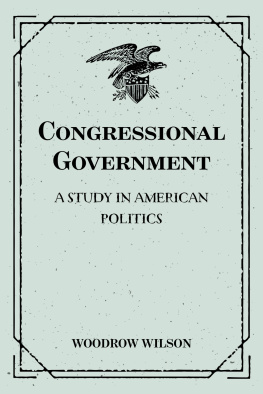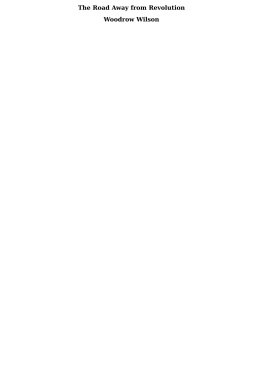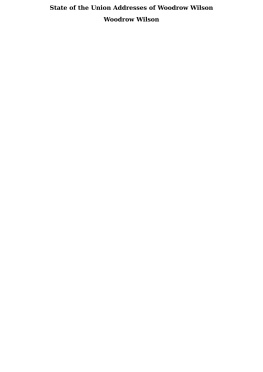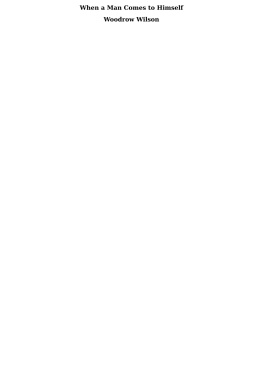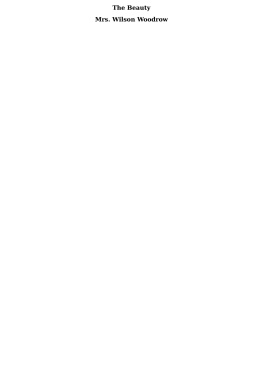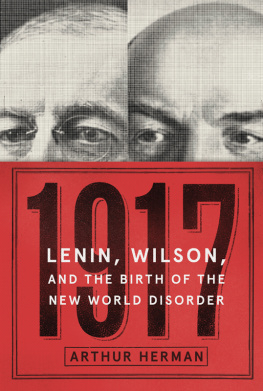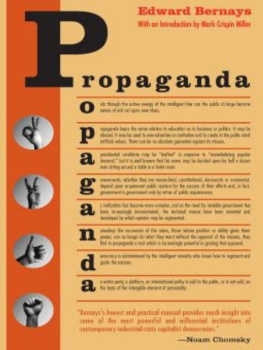Praise for Manipulating the Masses
A fascinating study into the origins of targeted misinformation and fake news, and the creators who unleashed them on our world out of misguided patriotism.
David Callaway, former editor-in-chief of USA Today
An instant classic. This stunning history of the origins of American propaganda and the information state unveils the threat to self-government thats been with us since World War I. If you care about democracy, this book belongs at the top of your reading list.
Thomas E. Patterson, Bradlee Professor of Government and the Press of Harvard University
There are fewer more important obligations of government in a democracy than to keep citizens informed and to tell the truth. That standard, sadly, has failed at crucial moments in our history, and John Maxwell Hamiltons volume recalls the history of a seminal failure. This book should open our eyes to shortcomings in what we get as public information and ask us all to demand better from our nations leaders.
Mike McCurry, former White House and State Department spokesman and director of the Center for Public Theology at Wesley Theological Seminary
George Creel and his Committee on Public Information, directed by President Woodrow Wilson, represented a massive and successful effort during World War I to mold opinion in favor of American involvement in the war. Hamiltons book demonstrates that distorted propaganda such as what we saw during the Vietnam War and from todays White House is nothing new. His story is a mirror into our own times.
Former ambassador Theodore Sedgwick, commissioner of the World War I Centennial Commission
This highly readable, meticulously researched book examines the origins of modern US propaganda, as refined in the twentieth century. These practices, well-intended at first, have ended up harming this nation by undermining its democratic principles. Professor Hamilton rings a warning bell that all should hear about the dangers that propaganda, whether from abroad or within our own land, continues to hold for the future of Americas open society.
Loch K. Johnson, Regents Professor Emeritus of Public and International Affairs at the University of Georgia
John Hamilton has written an outstanding, timely new book. A century ago, President Woodrow Wilsons Ministry of Public Information was Americas first and only propagandistic Ministry of Information. Today, we have deteriorated to darker, diminished discourse with phrases such as fake news by a president who has made tens of thousands of false or misleading public statements since his inauguration. All of this can be traced to the story Hamilton tells.
Charles Lewis, founder of the Center for Public Integrity and the International Consortium of Investigative Journalists
Manipulating the Masses brilliantly tells the story of President Woodrow Wilsons 1916 reelection campaign and how Wilson used the same techniques to shape public opinion when he took the country into World War I and created the Committee on Public Information. All public affairs offices in government today as well as the private sectors public relations industry owe their birth to Wilsons CPI and what was done there. Its quite a story.
Charlie Cook, editor and publisher of The Cook Political Report
MANIPULATING
THE MASSES

President Woodrow Wilson and George Creel, in step, as they stride a train station platform in France on the eve of peace treaty negotiations, 1919. (Getty Images)
MANIPULATING
THE MASSES
Woodrow Wilson and the Birth of
AMERICAN PROPAGANDA
John Maxwell Hamilton

Louisiana State University Press
Baton Rouge
Publication of this book is made possible in part by the support of the John and Virginia Noland Fund of the Baton Rouge Area Foundation.
Published with the assistance of the Borne Fund
Published by Louisiana State University Press
Copyright 2020 by John Maxwell Hamilton
All rights reserved. Except in the case of brief quotations used in articles or reviews, no part of this publication may be reproduced or transmitted in any format or by any means without written permission of Louisiana State University Press.
Manufactured in the United States of America
First printing
Designer: Laura Roubique Gleason
Typeface: Garamond Premier Pro
Printer and binder: Sheridan Books
About the jacket image: Joseph Pennells famous poster depicting a direct German attack on New York, 1918, made the war in Europe seem an immediate threat to Americans at home, which it was not. The emotionally riveting poster, designed to promote Liberty Loans, did not have the CPIs name on it, but the CPI inspired it and helped produce itand many more messages like it.
Library of Congress Cataloging-in-Publication Data
Names: Hamilton, John Maxwell, author.
Title: Manipulating the Masses : Woodrow Wilson and the Birth of American Propaganda / John Maxwell Hamilton.
Other titles: Woodrow Wilson and the birth of American propaganda
Description: Baton Rouge : Louisiana State University Press, [2020] | Includes bibliographical references and index.
Identifiers: LCCN 2020013943 (print) | LCCN 2020013944 (ebook) | ISBN 978-0-8071-7077-9 (cloth) | ISBN 978-0-8071-7417-3 (pdf ) | ISBN 978-0-8071-7418-0 (epub)
Subjects: LCSH: United States. Committee on Public Information. | Propaganda, AmericanHistory. | World War, 19141918Public opinion. | World War, 1914 1918Propaganda.
Classification: LCC D632 .H36 2020 (print) | LCC D632 (ebook) | DDC
940.3/73dc23
LC record available at https://lccn.loc.gov/2020013943
LC ebook record available at https://lccn.loc.gov/2020013944
In memory of Michael H. B. Adler
and Mary Townsend Heathcote
I suspect the future historian will find that the thing which ultimately brought about the victory of the Allied forces on the western front was not wholly the strength of the arm of the soldier, nor wholly the number of guns of the Allied nations; it was rather the mental forces that were at work nerving those arms, and producing those guns, and producing in the civil populations and military populations alike of those countries that unconquerable determination that this work should have but one end, a righteous end.... The whole business of mobilizing the mind of the world so far as American participation in the war was concerned was in a sense the work of the Committee on Public Information.
Newton D. Baker, Secretary of War, November 20, 1918
For five years there has been no free play of public opinion in the world. Confronted by the inexorable necessities of war, governments conscripted public opinion as they conscripted men and money and materials. Having conscripted it, they dealt with it as they dealt with other raw recruits. They mobilized it. They put it in charge of drill sergeants. They goose-stepped it. They taught it to stand at attention and salute.... Its ultimate function was to suppress all information that Government wished to suppress for any reason whatsoever.
Frank I. Cobb, Editor, New York World, December 31, 1919
Contents
Illustrations
Frontispiece
MANIPULATING
THE MASSES
Prologue
Building 406
In March 2003, when the United States was preparing to invade Iraq, hundreds of journalists arrived in Doha, the capital of Qatar, and made their way ten miles southwest to Camp As Sayliyah where the US Central Commands forward headquarters was located. Inside the camp, journalists were restricted to Building 406, a windowless, over-air-conditioned warehouse the color of the beige desert around it. The centerpiece of Building 406 was a glitzy, twenty-square-yard media center that had nothing in common with the government-issue feel of the rest of the camp.
Next page

